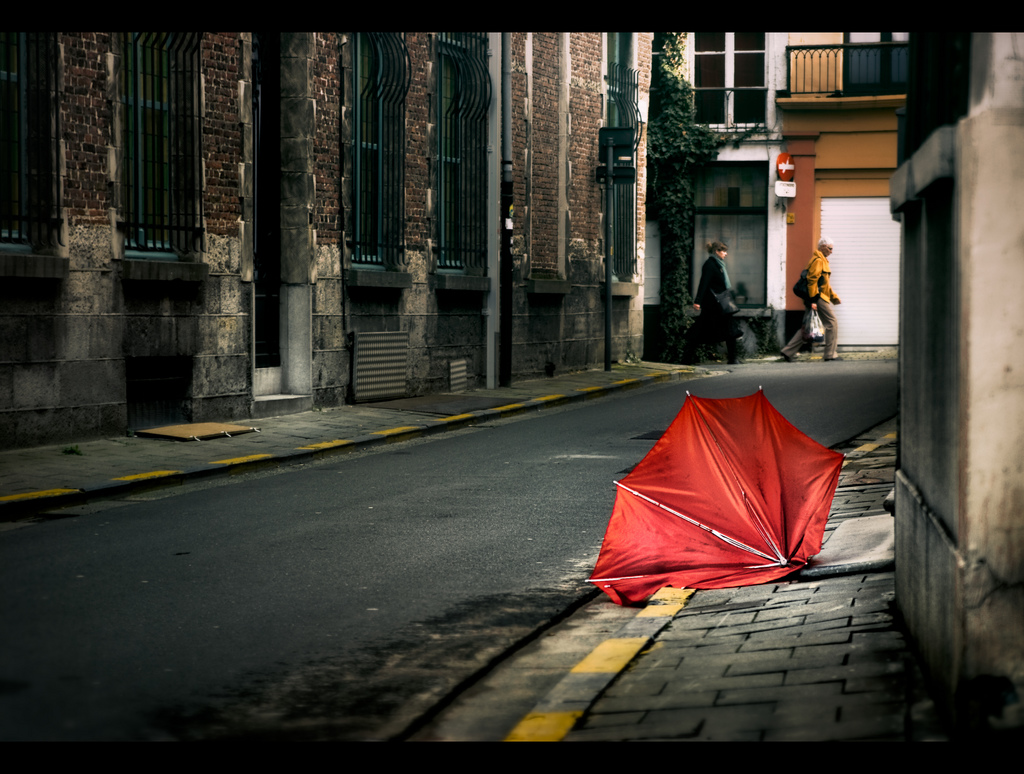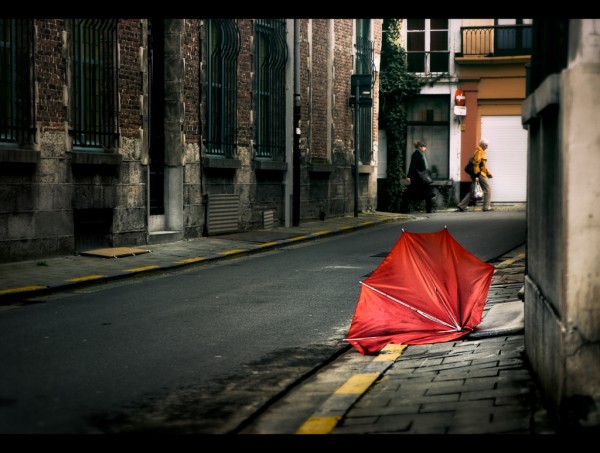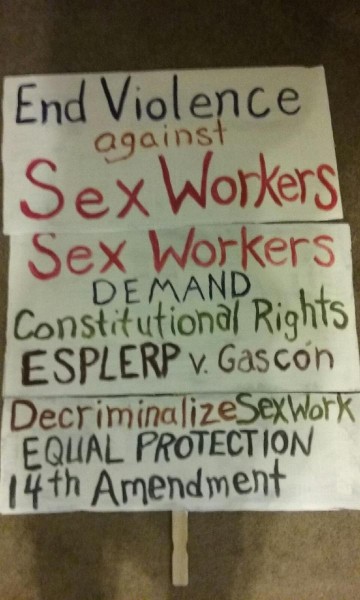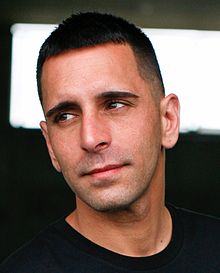 On March 4th 2016, I attended a CSEC (Commercial Sexual Exploitation of Children) training by DayOneRI at the Warwick Public Library. Sara Eckhoff was the trainer and when she started her Powerpoint presentation I almost fell out of my chair. This time DayoneRI was claiming that there were 330,000 US children being exploited in the US and that the pimps and traffickers were making 8 billion dollars a year. Yet we know this myth was also recently proved to be false by the Washington Post’s fact checker.
On March 4th 2016, I attended a CSEC (Commercial Sexual Exploitation of Children) training by DayOneRI at the Warwick Public Library. Sara Eckhoff was the trainer and when she started her Powerpoint presentation I almost fell out of my chair. This time DayoneRI was claiming that there were 330,000 US children being exploited in the US and that the pimps and traffickers were making 8 billion dollars a year. Yet we know this myth was also recently proved to be false by the Washington Post’s fact checker.
Eckhoff then said that the average age of entry was 14 and when I corrected her, she went on to say that CSES has seen 14 be the average age of entry based on the children they are working with. However, she then said that the program she works with through DayOneRI only includes kids up until age 14. Eckhoff also reconfirmed that DayOneRI does not house any of these children and that rescued children get placed into foster homes.
Eckhoff then explained how pimps are grooming kids, and how gang members were tattooing the victims and how the pimps were waiting down the road from the foster homes. Eckhoff told us one sign of trafficking is when teenage girls start wearing mini skirts and that they might even become sexually promiscuous. Elizabeth Nolan Brown has highlighted the damage caused by these hysterical myths here.
Eckhoff also mentioned that DayOneRI has to meet with the teens an average of 6 times before the teenagers will open up to them, and that these teens are just looking for love and a sense of family. Yet she couldn’t seem to explain why the teenagers keep running away.
I tried to tell Eckhoff that half the youth interview report that police officers force them to have sex in lieu of going to jail. Eckhoff didn’t react and continued stigmatizing these teenagers.
I mentioned how DayOneRI was part of the RI Trafficking Task Force and how they just did an “End the demand sting” in Cranston and arrested 13 men. Eckhoff directed my question to another DayOneRI rep at the back of the room, who tried to deny this. I pressed on and said it was published in the media that the sting was done as a group effort by the RI Trafficking Task Force, at which time she said that people were only arrested if they had outstanding warrants. I asked, how arresting clients helps trafficking victims. The rep offered to speak to me outside privately after the training which demonstrated to me that DayOneRI has no interest in transparency and has a lot of interest in silencing sex workers who have different narratives.
I tried to tell Eckhoff that the majority of youths interviewed report that they don’t have pimps and that they teach each other how to find clients. Eckhoff responded that this isn’t what they see at DayOneRI. I told Eckhoff that the data shows that more teens were being arrested for prostitution in the 80’s and 90’s than in most recent years and we just have a new name for an old problem. The new name is sex trafficking and the problem is runaway and thrown away kids. But that didn’t slow Eckhoff down, because five seconds later she was telling the audience that sex trafficking is on the rise.
So I tried a different approach. I explained that 97 percent of all sexual abuse on children happens by someone the child knows and only 3 percent happens in the sex industry. I asked Eckhoff why we are not teaching the public how to identify kids that are being sexually abused by someone they know. After all, she just told us 90 percent of sex trafficking victims were sexually abused as kids. Sara says that she understands 97 percent of abusers are someone the child knows, but this training was just on CSEC.
Now you would think the audience would be happy that there was someone in the room that had accurate information, however one woman had the nerve to say that she wanted me to stop asking questions and to stop correcting Eckhoff. The woman told us how she thinks there use to be a brothel in her neighborhood, and how it must have been shut down, because now it was a Church.
Eckhoff explained how people could access “the victims compensation program.” I told her that anyone involved in prostitution was not eligible for that program and how we had to fight to get that regulation changed in CA and how this would be a great goal to work on in RI. At this point Steve Morley came to my defense and confirmed what I had said was true. He is the new department head at DCYF (Department of Children, Youth & Family). Morley explained he was retired law enforcement and I felt that he understood the reality people in the sex industry lived in.
DayOneRI told the public that gangs were raping girls and forcing them into prostitution. I wonder how many young men from poor communities will be victimized during the next, “End the demand sting” or the next time the RI Trafficking Task Force interrogates a minor caught working as a underage sex worker.
COYOTE RI would like others to utilize our experts and experience and we are willing to offer free trainings to all service providers, law enforcement and DCYF workers.
Here is a study on 45 trafficking victims from 32 states. 90 percent of them were arrested, not rescued. Some have been arrested 20 or 30 times and services were only offered to those who played the victim role.
Tara Burns of CUPS (Community United for Safety and Protection) has found similar findings in her survey of Alaska Sex Workers and trafficking victims.
So far we have surveyed 43 New England Sex Workers. Some of the most interesting findings thus far are that 77 percent of respondents reported that they have never tried reporting a crime while working in the sex industry. For those who did try making a report to the police, 77 percent said the police did not take their report. 4 percent were arrested while trying to report a crime. 26 percent report being threatened with arrest while trying to report a crime. 29 percent said they did not report the crime because they thought they would be arrested. 27 percent said they did not report the crimes because they didn’t think the police would do anything and 32 percent did not report because they didn’t want to draw attention to themselves or their co-workers. This and other similar data reveal how sex workers bear the negative consequences of anti-sex trafficking policing.
Also by Bella Robinson:
DayOne peddling ineffective and costly sex trafficking programs



 As the executive director of the
As the executive director of the  My next encounter with DayOneRI was in
My next encounter with DayOneRI was in 


